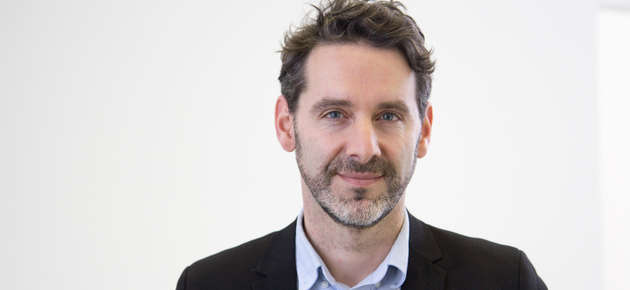Dissertation: To be future-fit, businesses need to apply circular economy principles


According to the doctoral thesis of Erwan Mouazan at the University of Vaasa, companies willing to integrate circular economy principles in their business model need to systematically revisit their customer value proposition, adapt their skills and competences and take a systemic lens to position their offerings in a network perspective.
Mouazan’s doctoral study takes a systematic look at business models for the circular economy and helps to understand where the global business community may be heading and paves the way for further research.
Circular economy is more than recycling
Companies willing to transform their business model to become circular can rely on a variety of strategies that go way beyond recycling, which are systematically mapped in the study.
– There is a lot of innovation currently emerging, which goes way further than recycling a product at the end of its useful life. Companies can for instance create value from designing modular products that can easily be disassembled and reassembled with new parts in order to extend their lifetime. Using waste from other industries as a raw material can also provide strong cost benefits. Some companies go further by reinventing their business model and start selling a result or a performance rather than the product itself, Mouazan explains.
However, challenging existing business models with circular thinking does not come without challenges.
Managing circular business models requires new mental models, tools and methodologies
Successful circular business models are based on the premises that the value created is benefiting the company but also the environment, customers and society at large. In order to operationalize the transformation, several aspects have to be taken into account. One key insight from the research is that circular business models are not developed in isolation:
– You need to align the interests of all the parties involved, starting from your customer needs, but also taking into account the multiple partners that ultimately make the whole solution circular, says Mouazan.
– To be successful, taking a system´s perspective is indeed essential. Seeking multiple benefits for all stakeholders and reaching symbiotic relationships that are aligned with a common goal.
In order to navigate in this complexity, the dissertation offers valuable insights and tools on how to engage customers in developing a product or service that meet their core needs. It puts an emphasis on identifying the right set of skills and competences that can support the transformation, and provides new knowledge on how to engage with a company’s network.
The dissertation consists of four empirical articles. Qualitative case study method has been applied in the articles. Several European companies that have pursued successful circular business model strategies have been studied in the thesis.
More information
Erwan Mouazan, tel. + 358 443666588, email: erwan.mouazan(at)uwasa.fi.
Erwan Mouazan was born in Rennes, France in 1978. He has a Master’s Degree in International Management (IGR, France) and a Master’s Degree in Creative Sustainability (Aalto University, Finland). Erwan has been working as a consultant focusing on business sustainability for the last 15 years, in Belgium and Finland.
Erwan Mouazan (2019) Managing Circular Business Models : Essays on Customer Value Creation, Dynamic Capabilities and Value Networks in the Circular Economy. Acta Wasaensia 439. Doctoral Dissertation. Vaasan yliopisto. University of Vaasa.
Pdf of the publication: http://urn.fi/URN:ISBN:978-952-476-900-6
Public Defence
The public examination of M.Sc. Erwan Mouazan’s doctoral dissertation Managing Circular Business Models: Essays on Customer Value Creation, Dynamic Capabilities and Value Networks in the Circular Economy will be held on Thursday 19 December at noon in auditorium Kurtén, University of Vaasa. The field of dissertation is Marketing.
PhD, docent Maria Antikainen (VTT Technical Research Centre of Finland) will act as opponent and professor Arto Rajala as custos. The examination will be held in English.